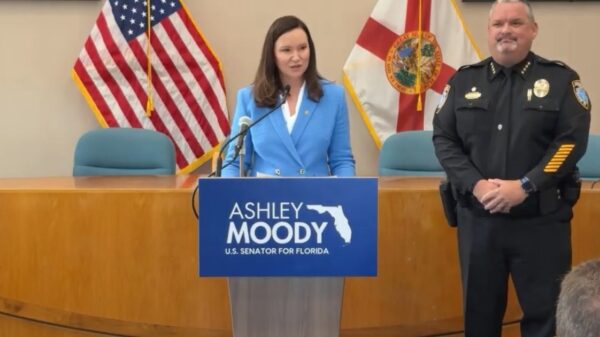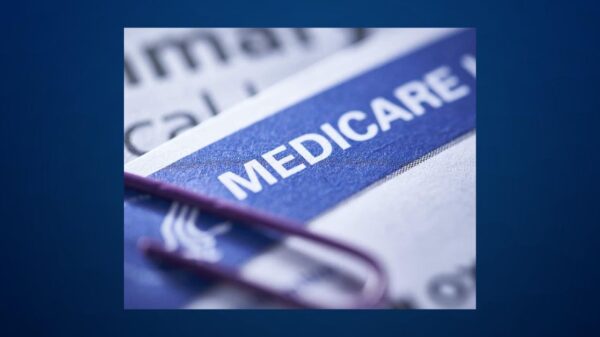On Wednesday, state Attorney General Ashley Moody called on President Joe Biden allow public access to every meeting of the Presidential Commission on the U.S. Supreme Court.
According to news reports, the commission will examine expanding the nation’s highest court. Moody sent a letter to Biden reminding the president that all meetings of the newly-created advisory commission must be open to the public in accordance with the Federal Advisory Committee Act, U.S.C. app. 2 § 10(a)(1).
“The potential political takeover of our courts is a threat to the foundation of our system of government and the separation of powers instilled in our Constitution. As Florida’s attorney general, I will do everything in my power to stand against President Biden’s radical power grab,” Moody said on Wednesday.
“The Federal Advisory Committee Act is designed to ensure public access to all meetings of advisory committees like President Biden’s Commission on the Supreme Court of the United States. We must be allowed to observe and challenge any and all undemocratic, un-American policy recommendations that threaten our democracy. If the president ignores my request to conduct these meetings in the sunshine, I will utilize the full power entrusted to me by the voters of Florida to preserve America’s judicial system,” she added.
“The president’s Executive Order creating the Presidential Commission on the U.S. Supreme Court casts doubt on whether the administration will comply with FACA. A White House news release announcing the Commission is similarly vague about whether or not all meetings will be open to the public,” Moody’s office noted.
Additionally, the letter Moody sent to President Biden stated “during the campaign, you indicated that you would let voters know your position on court-packing after the election. If EO 14023 is not an outright endorsement of court-packing, then your failure to explain your views on the matter is a broken campaign promise.”
The letter challenged Biden to publicly commit to making all Commission meetings—including phone calls and video conferences—open to the public. The letter ended with an additional request for the president to publicly commit to complying with all other requirements of FACA.





















